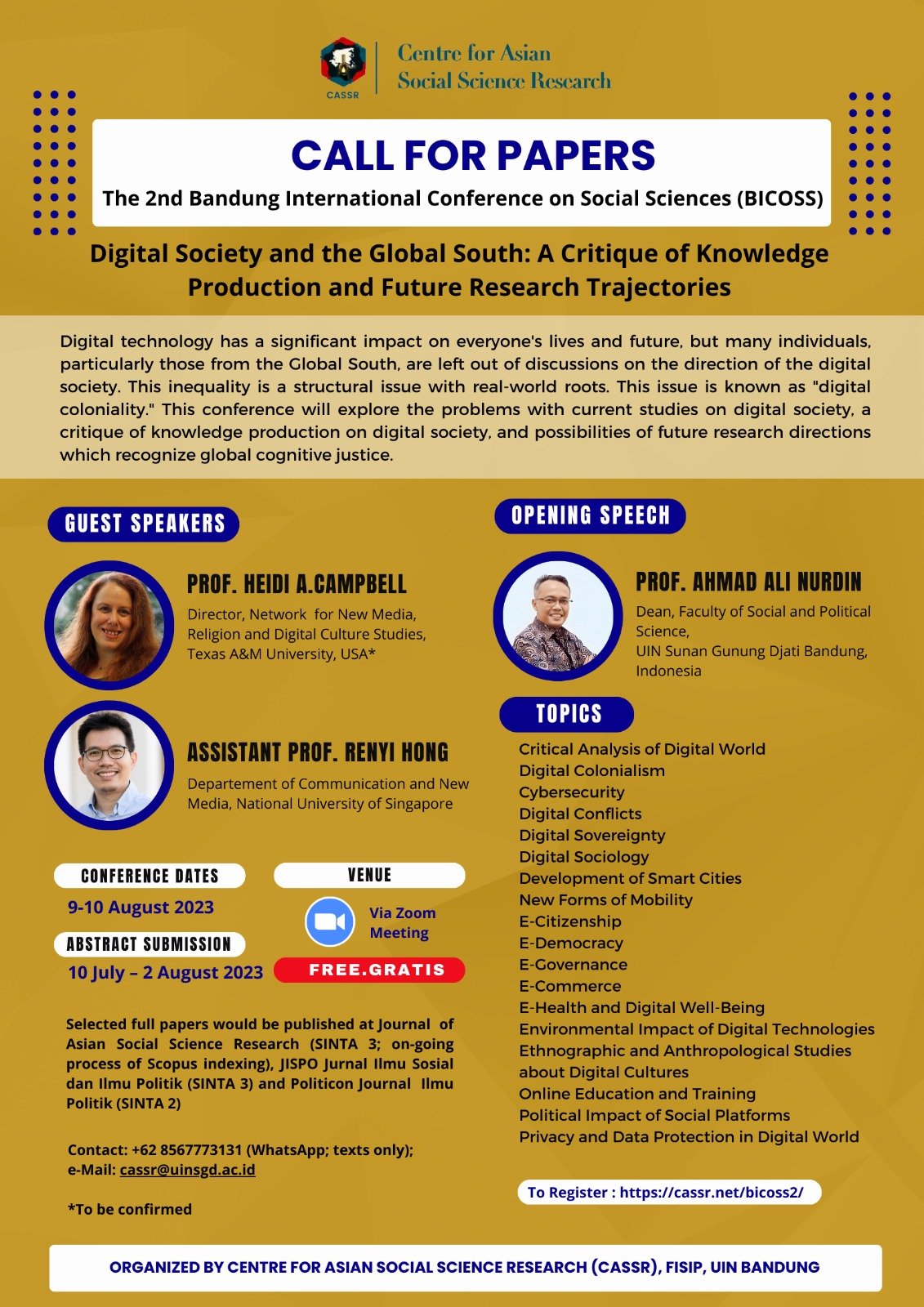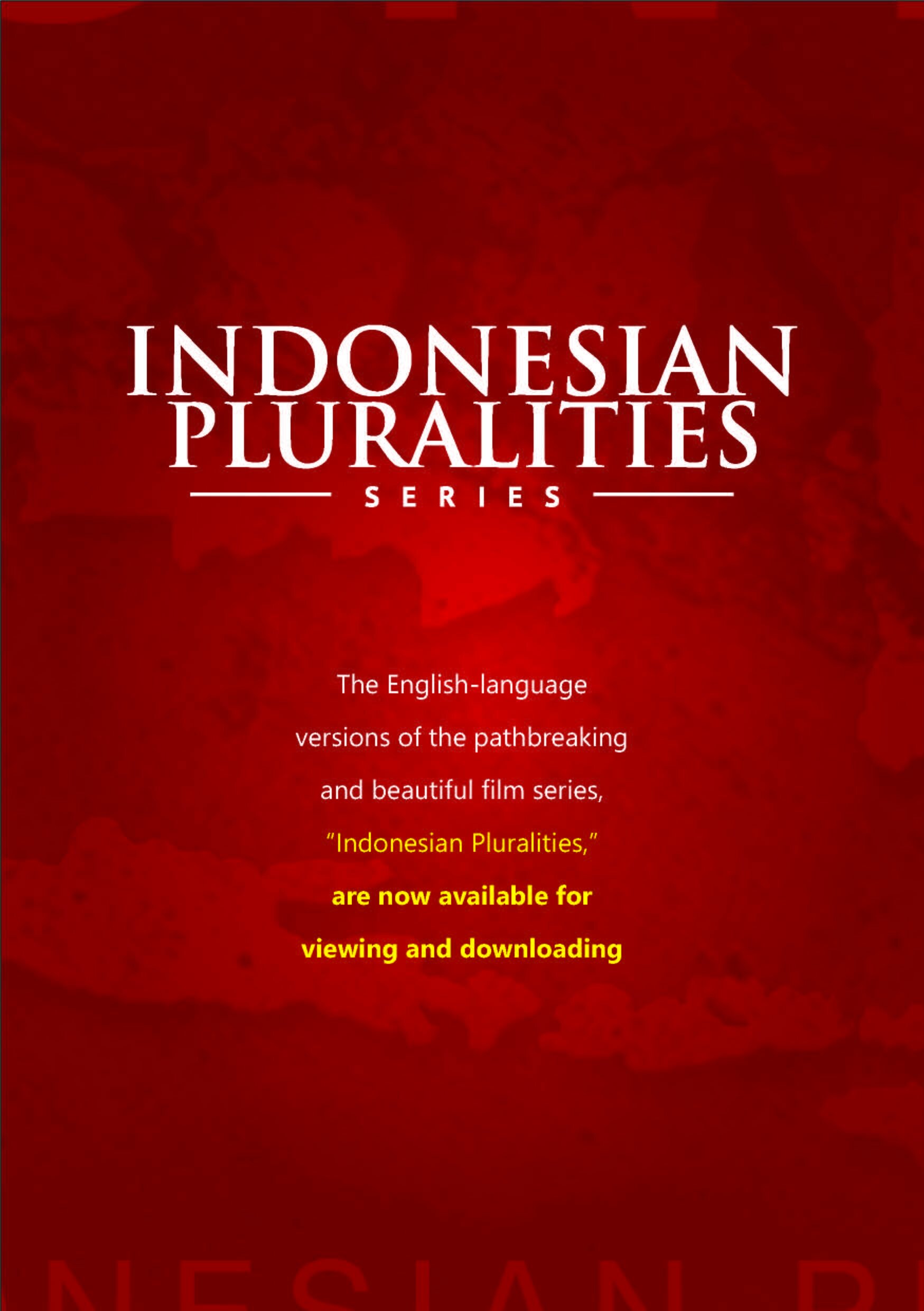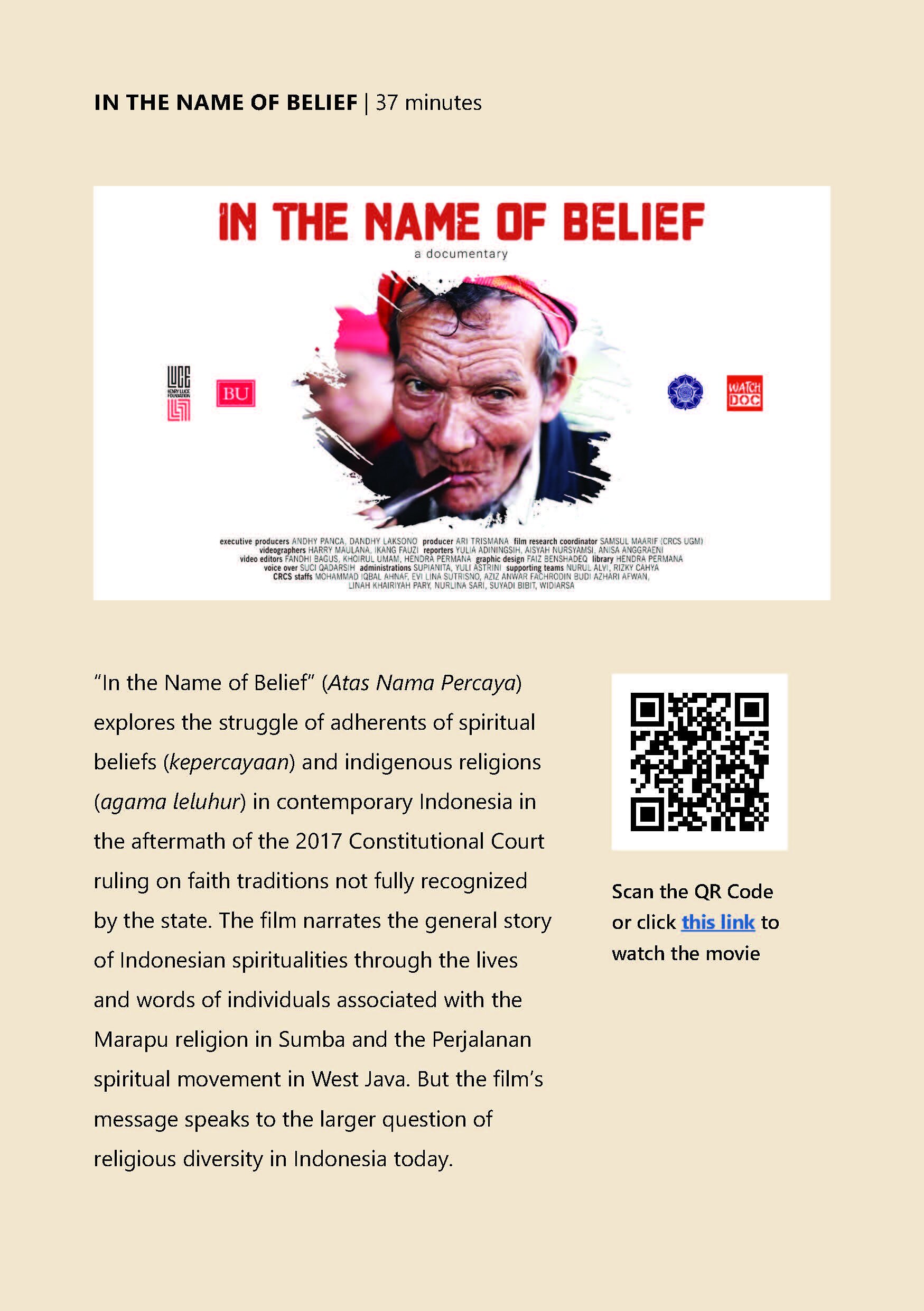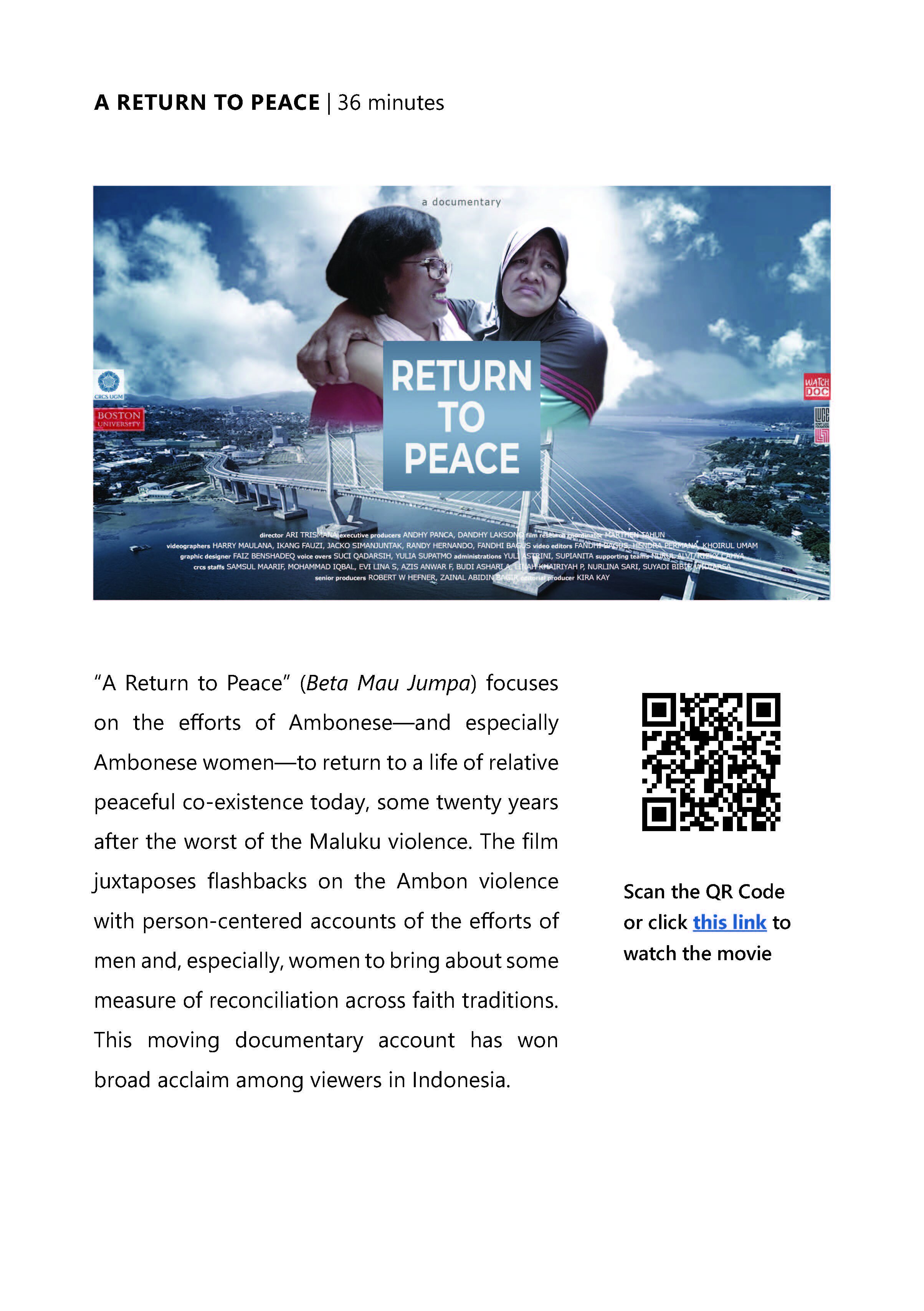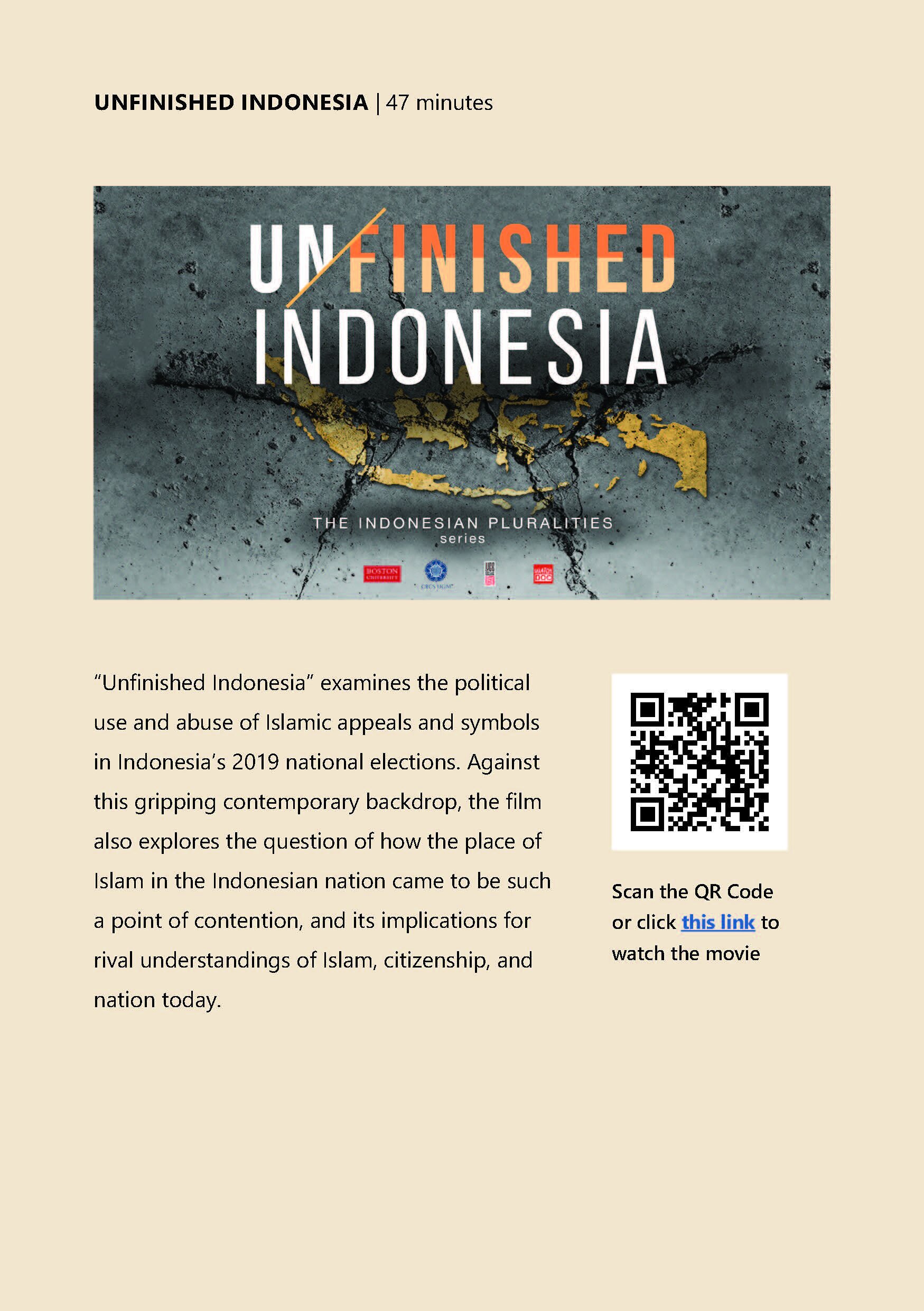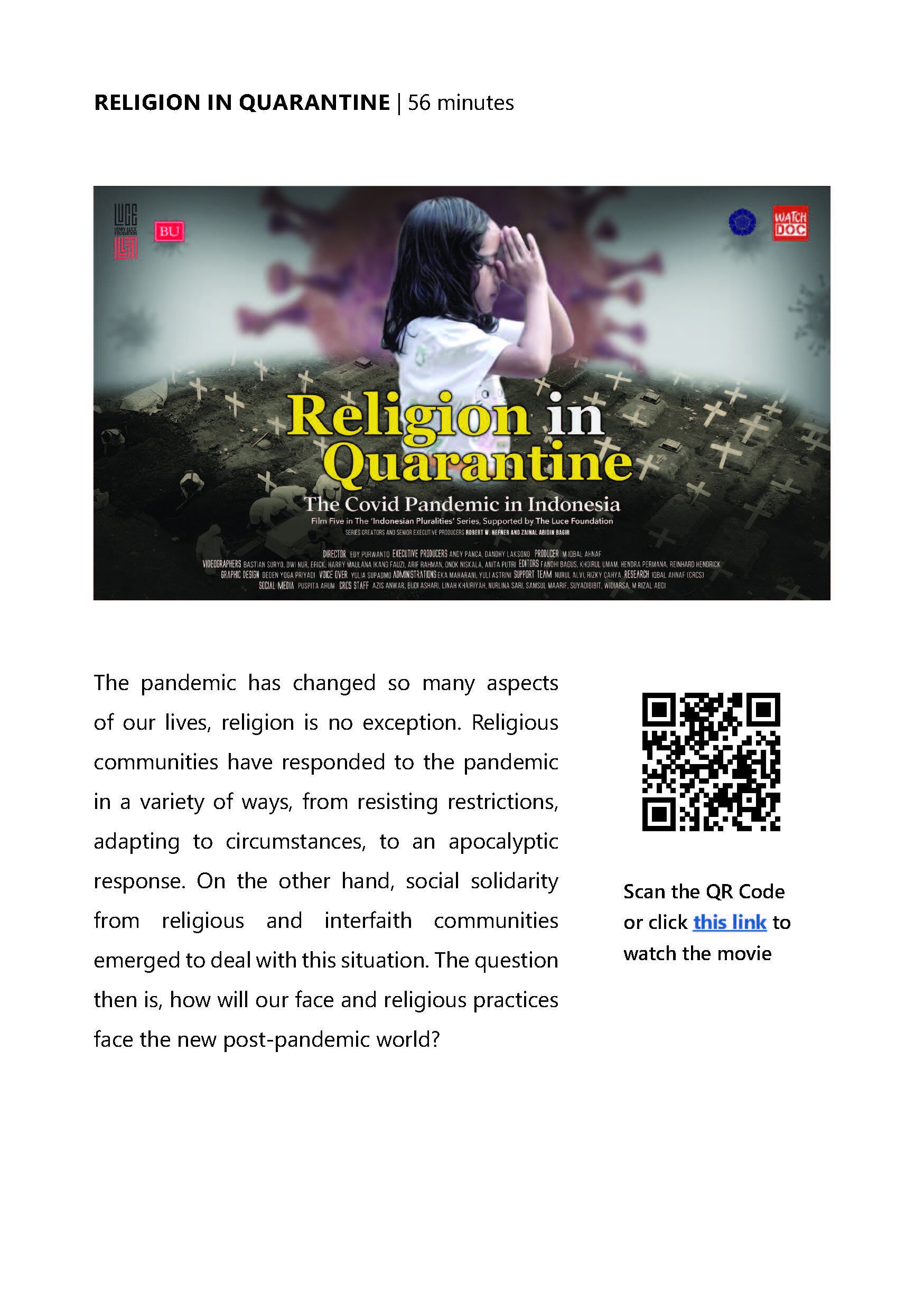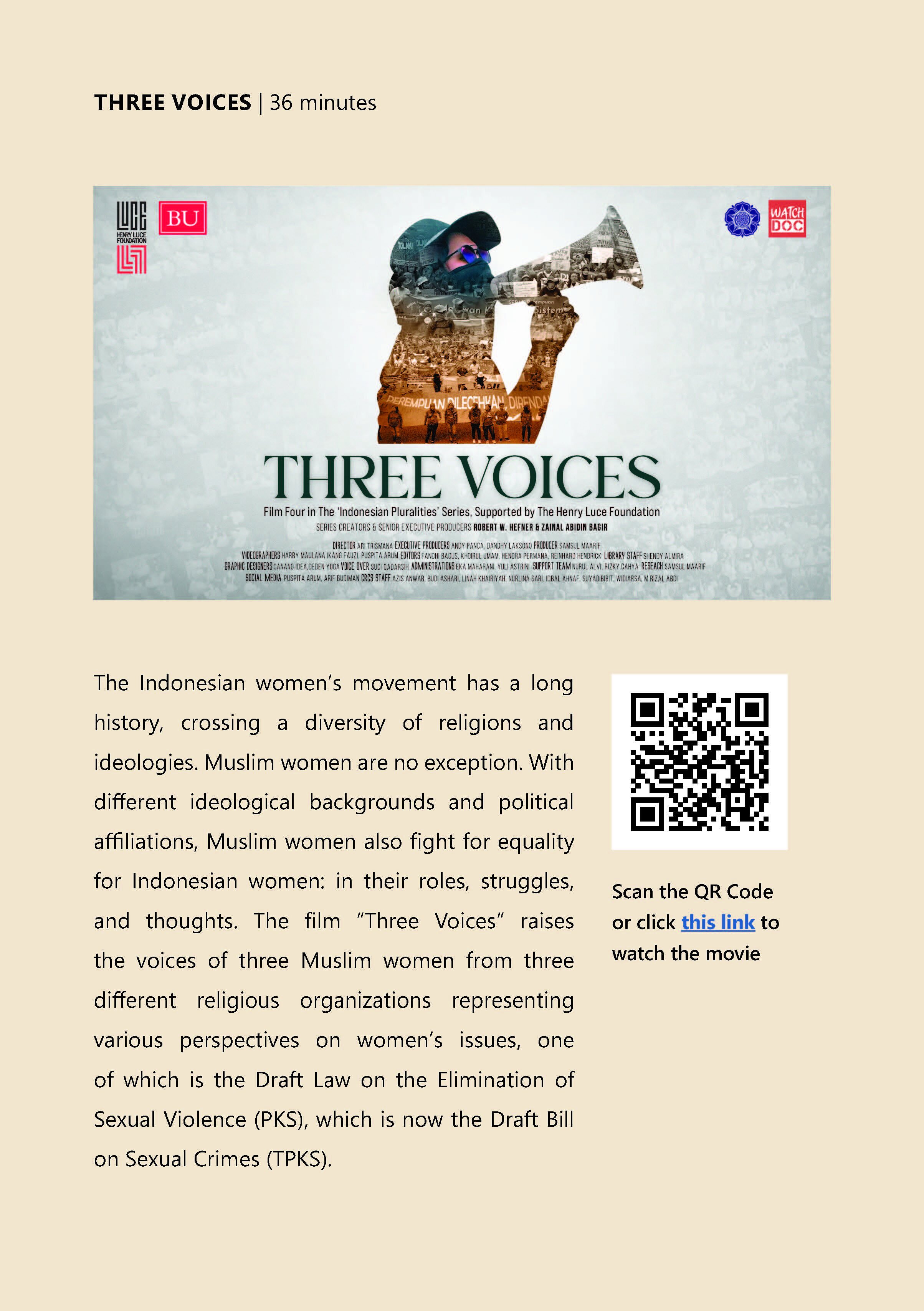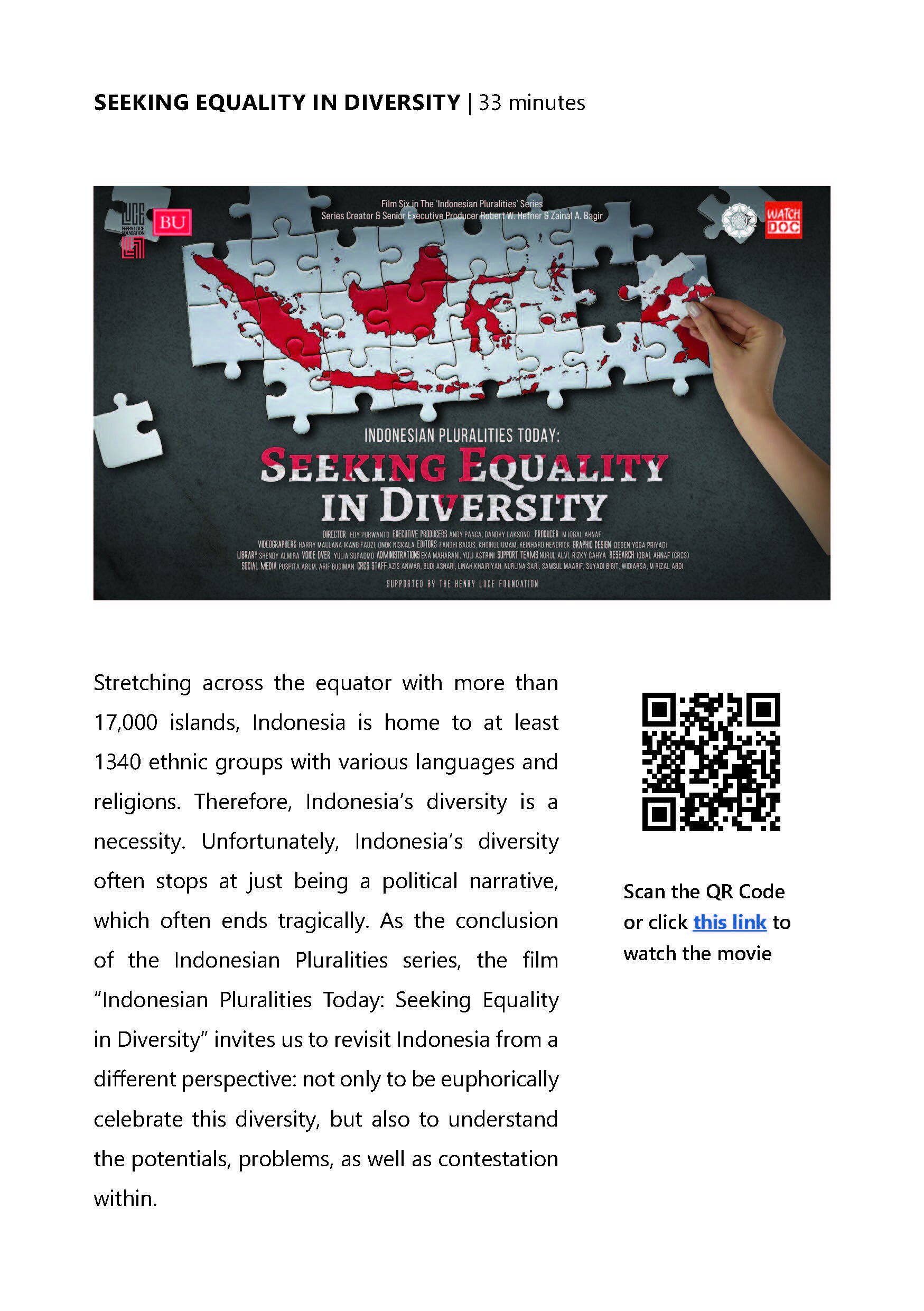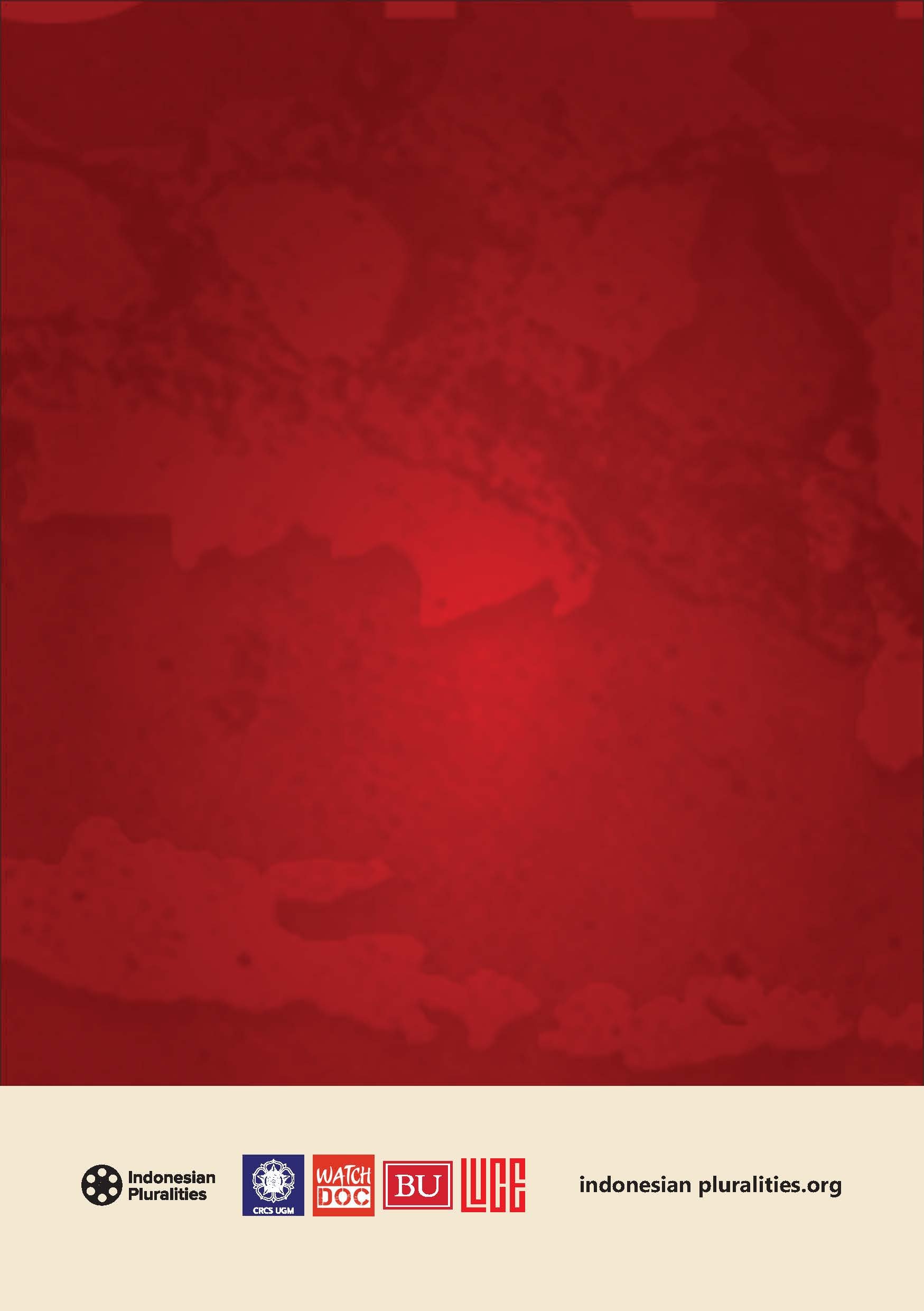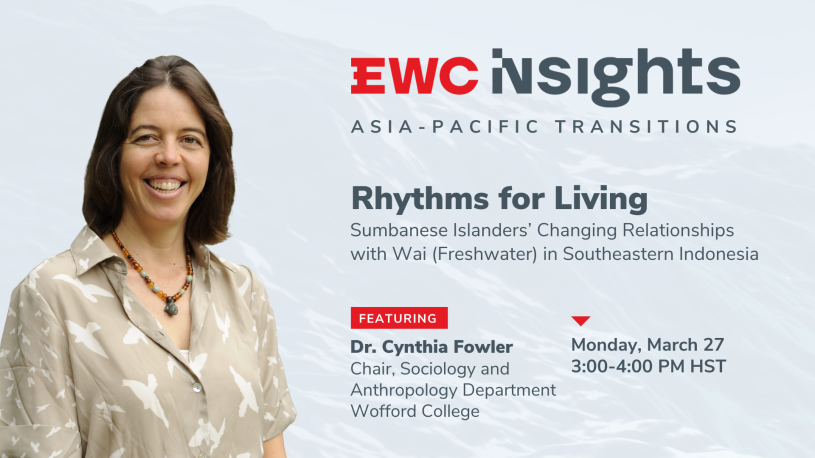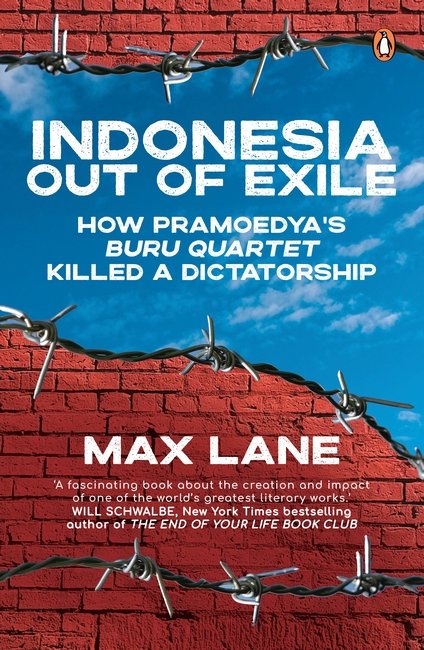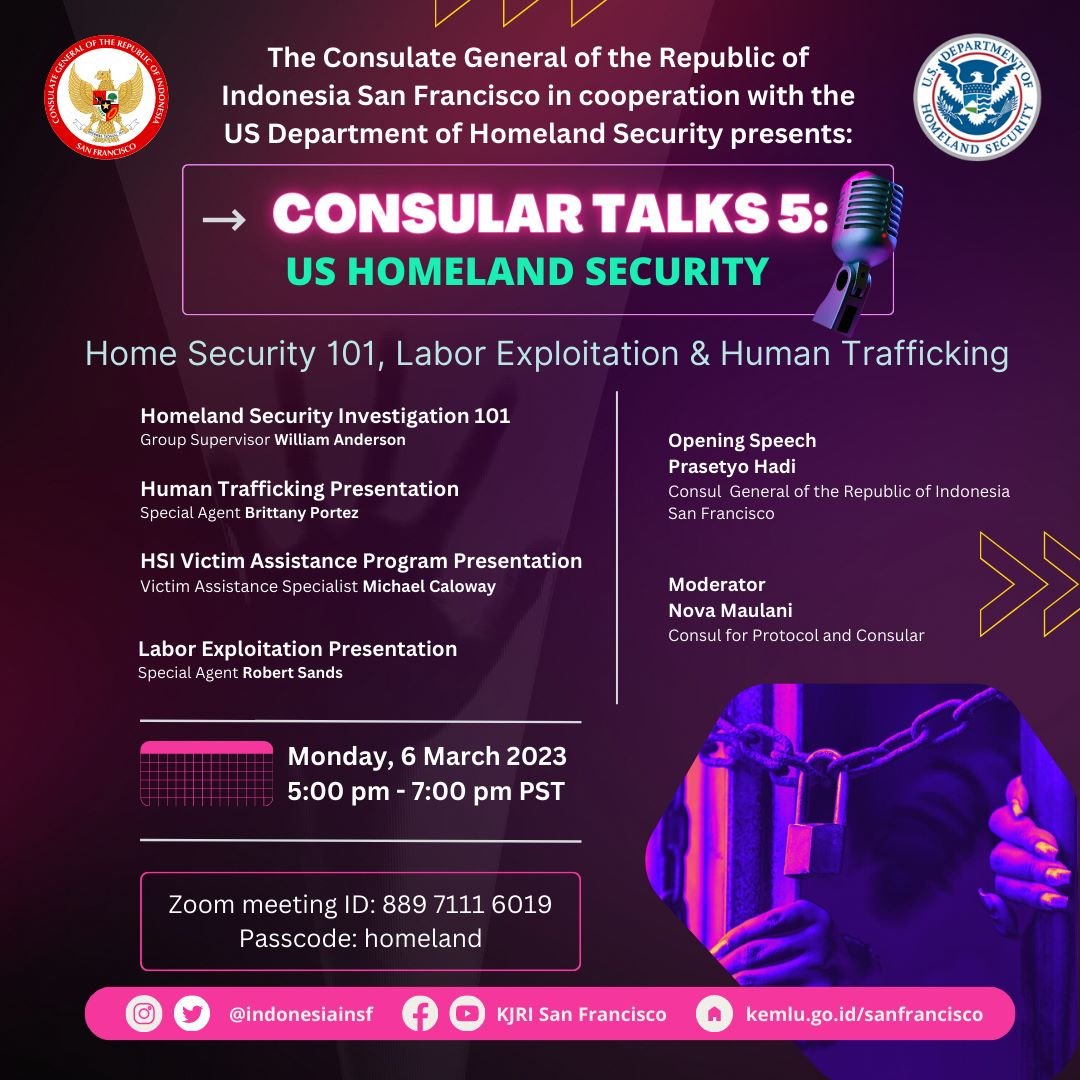Organized by the Centre for Asian Social Science Research, FISIP, Universitas Islam Negeri Bandung, the 2nd Bandung International on Social Science (BICOSS) will take place virtually on 9-10 August 2023. This year’s theme focuses on the subject of “Digital Society and the Global South: A Critique of Knowledge Production and Future Research Trajectories.”
Digital technology has a significant impact on everyone’s lives and future, but many individuals, particularly those from the Global South, are left out of discussions on the direction of the digital society. This inequality is a structural issue with real-world roots. This issue is known as “digital coloniality.” This conference will explore the problems with current studies on digital society, a critique of knowledge production on digital society, and possibilities of future research directions which recognize global cognitive justice.
Guest speakers will include Prof. Heidi A. Campbell (Director, Network for New Media, Religion and Digital Culture Studies, Texas A&M University, USA) (To be Confirmed), Assistant Prof. Renyi Hong (Department of Communication and New Media, National University of Singapore), and an Opening speech by Prof. Ahmad Ali Nurdin (Dean, Faculty of Social and Political Science, Universitas Islam Negeri Sunan Gunung Djati Bandung, Indonesia).
The organizers welcome abstract submissions in the following research areas:
Critical Analysis of Digital World
Digital Colonialism
Cybersecurity
Digital Conflicts
Digital Sovereignty
Digital Sociology
Development of Smart Cities
New Forms of Mobility
E-Citizenship
E-Democracy
E-Governance
E-Commerce
E-Health and Digital Well-Being
Environmental Impact of Digital Technologies
Ethnographic and Anthropological Studies about Digital Cultures
Online Education and Training
Political Impact of Social Platforms
Privacy and Data Protection in Digital World
Abstract Submission Deadline: 2 August 2023*
Conference Date: 9-10 August 2023
Venue: Online via Zoom
Cost: Free. Gratis.
Contact: 0815-7281-7107 (WhatsApp; texts only); email: cassr@uinsgd.ac.id
*Note that selected full papers will be published in the Journal of Asian Social Science Research (SINTA 3; on-going process of Scopus indexing), JISPO Jurnal Ilmu Sosial dan Ilmu Politik (SINTA 3) and Politicon Jurnal Ilmu Politik (SINTA 2)
To register, click here.


